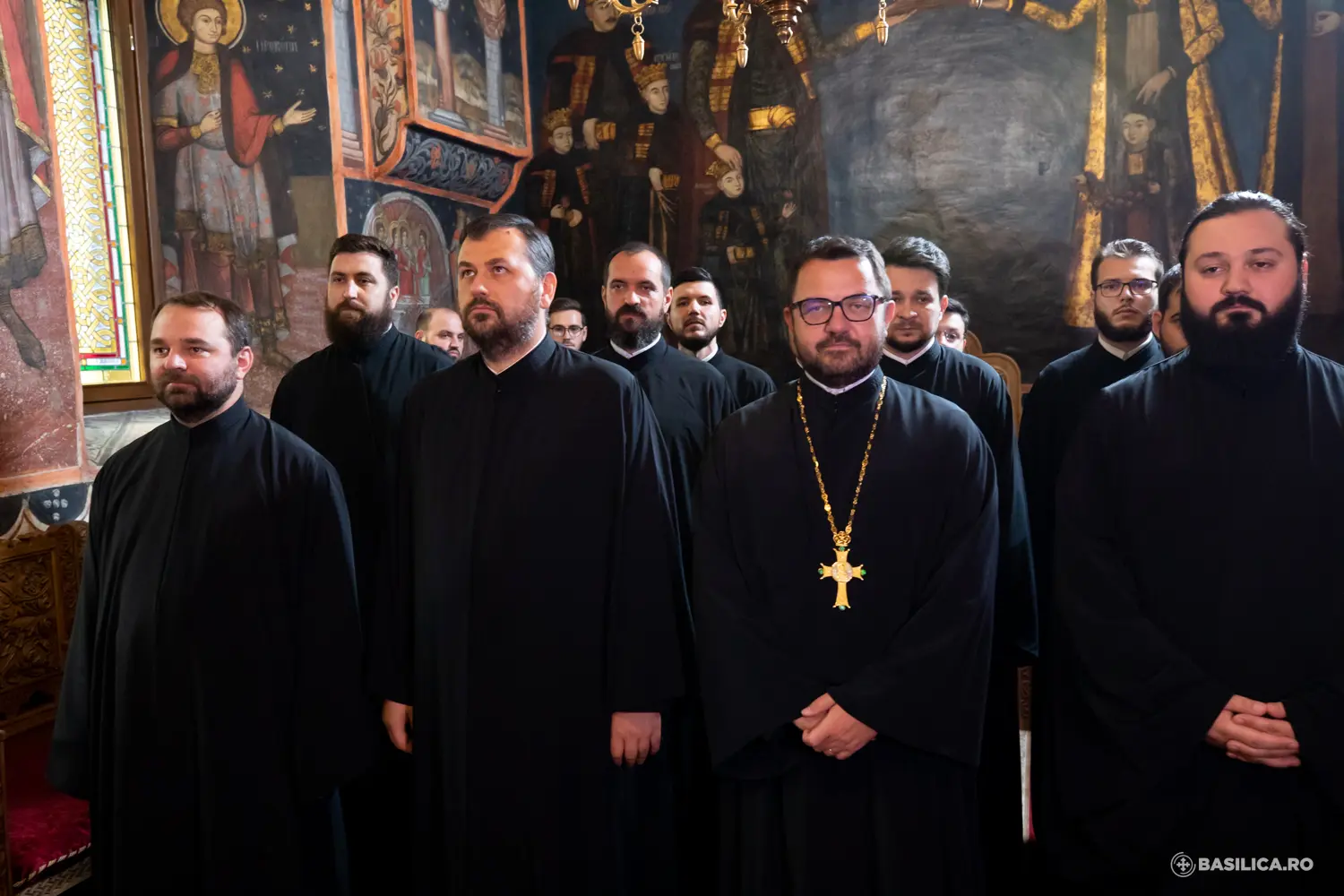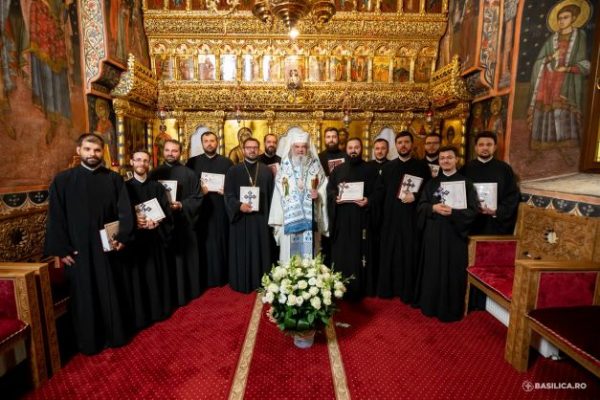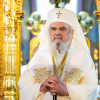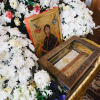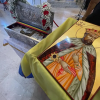After investing thirteen priests from the Archdiocese of Bucharest as spiritual fathers, His Beatitude Patriarch Daniel explained why today people need more than ever prayerful priests.
“Prayer that enables the mind to descend into the heart brings us peace and sets the praying reason in opposition to the rebellious reason,” Patriarch Daniel said during a special ceremony at the St George Chapel of his patriarchal residence on August 10.
“The Church has treated with great responsibility the mystery of repentance, confession of sins and receiving forgiveness for sins,” His Beatitude said, adding that “fasting and confession are the most concrete forms of deepening spiritual life.”
That is why, in the past, there were only a few spiritual fathers in large monasteries, where many people went and confessed and who formed disciples through practice.
Later, academic theological training for clergy was also considered necessary because, in Western Europe, the “Enlightenment, anti-religious and, later, atheist current” had just appeared. After the French Revolution, and afterwards, with the Bolshevik Revolution, unbelief, anti-clerical and even anti-Christian attitudes significantly spread in Europe,” Patriarch Daniel noted.
Prayerful reason, a response to rebellious reason
Along with the intellectual phenomenon of the Enlightenment, secularization also appeared, a phenomenon of a spiritual nature in which “the worldly spirit becomes stronger than the Christian spirit of spiritual feats,” the Patriarch of Romania noted.
In this context, in the 18th century, the hesychast movement reappeared in the Orthodox East, which initially emerged in the 14th century as a movement against an intellectual phenomenon: Byzantine scholasticism.
Hesychasm reappeared “as a renewal in the 18th century, especially in the Romanian Countries, under the coordination of St. Paisius (Velichkovsky) of Neamț, who was originally from Ukraine, but who was trained by the spiritual fathers from the parts of Buzău and Mount Athos.”
Returning to the Romanian Countries between 1779 and 1794, the saint gathered almost a thousand monks from many Orthodox countries around him.
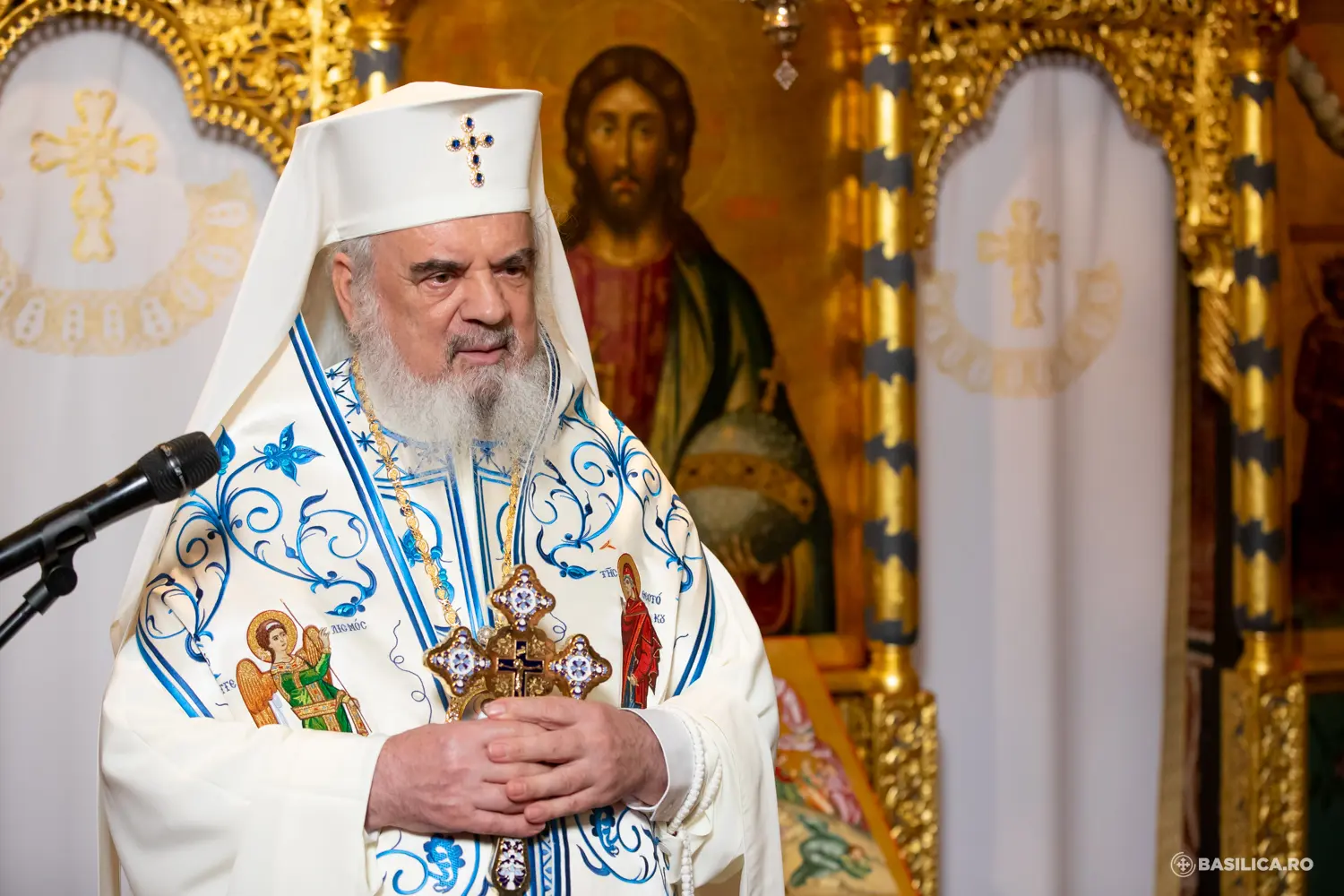
“This movement was a response against the Western Enlightenment, which was leading people astray and teaching them that if you have culture, that’s enough, you don’t need faith anymore. The focus was only on reason, and reason in the Enlightenment, in general, was rebellious,” Patriarch Daniel explained.
“Immanuel Kant, a contemporary of St. Paisius of Neamț, wrote a book entitled Religion within the Bounds of Bare Reason. That is, only what can be rationally accepted is valid from religion. The rest is story, myth and not believable.”
“This rebellious and limiting reason of the Enlightenment, the Holy Hesychasts of the 18th century responded with a prayerful, unrebellious reason, the one that enlightens itself through prayer. Prayer enlightens the mind to understand the Scriptures and warms the heart so that it fulfils the commandments of love of God and fellow human beings,” His Beatitude underscored.
The Hesychasts, the most sought-after spiritual fathers
Patriarch Daniel noted that the disciples of St Paisius of Neamt spread to Russia and Ukraine, establishing numerous hesychastic monasteries with a crucial role in the spread of spiritual culture, as seen in a novel by the writer F.M. Dostoevsky. St Seraphim of Sarov probably knew the Philokalia translated at Neamț and printed in 1793 in Moscow.
“These Hesychast fathers went to confession very often, some of them daily,” the Patriarch of Romania emphasized. “So, confession was essential for spiritual progress.”
“The Hesychasts were the most sought-after spiritual fathers” because they “spread peace around them,” and this is because “they were also the most prayerful,” Patriarch Daniel said.
Theology without prayer is not enough
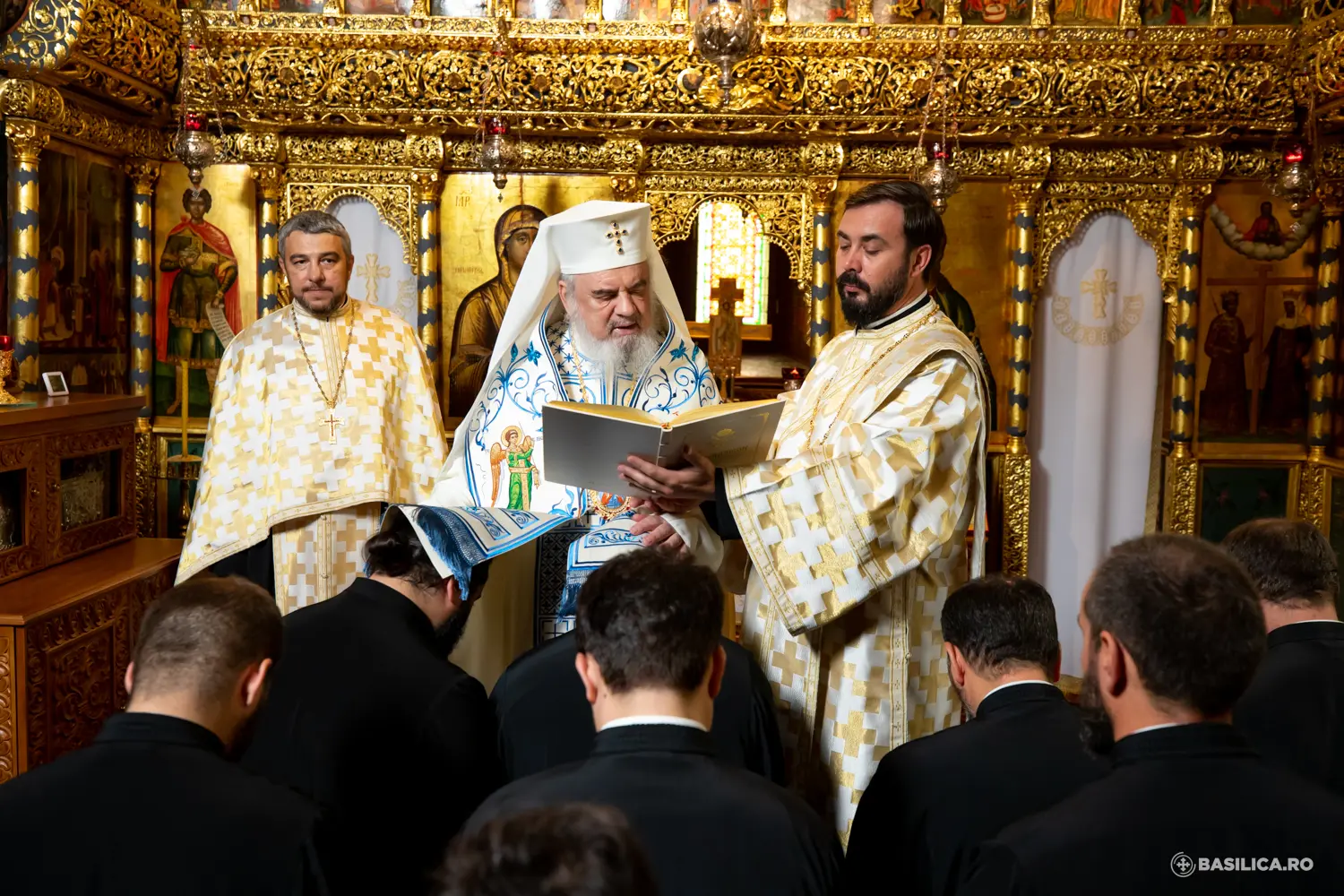
“Knowing a lot is not enough. You must also pray a lot for spiritual sons and daughters. And the spiritual sons and daughters must pray for their spiritual father every time, both in the morning and in the evening, and write his name on diptychs at the divine services because, through the spiritual father, God enlightens believers to renew their life and to acquire salvation,” the Patriarch of Romania urged.
“Many people know in theory what they have to do, but they don’t have the spiritual strength, they don’t have the power to put it into practice, especially today when people are very distracted and very superficial.”
Hesychia (stillness), God’s answer to prayer
“Prayer is a conversation with God, but He does not speak through words. You speak. He answers you with peace and joy of heart. That is why, after spending hours at the divine services, people go home with joy and bright faces,” the Romanian Patriarch also said about the effect of the prayer.
His Beatitude also explained why the Jesus Prayer – “Lord Jesus Christ, Son of God, have mercy on me, a sinner” – is also called the prayer of the mind or prayer of the heart.
“For Holy Scripture, the heart is the central point where the mind joins the feeling, so it is the spiritual centre of the person, not necessarily the organ we have on the left side of the chest. The heart is the meeting between thought and feeling. Therefore, the Saviour says to those who accused Him of forgiving the sins of the paralyzed young man: Why do you entertain evil thoughts in your hearts?”
The Romanian Patriarch ended his speech with wishes for God’s help for the newly-invested spiritual fathers and reminded them of the need to keep “a line of balance between strictness and encouragement.”
